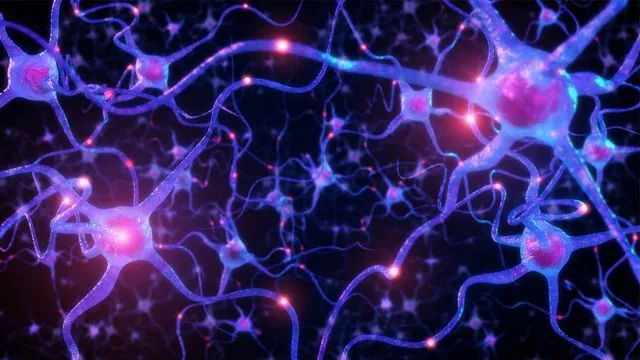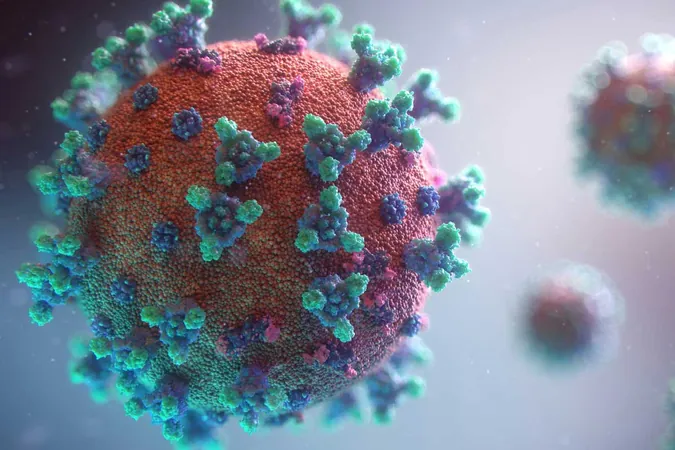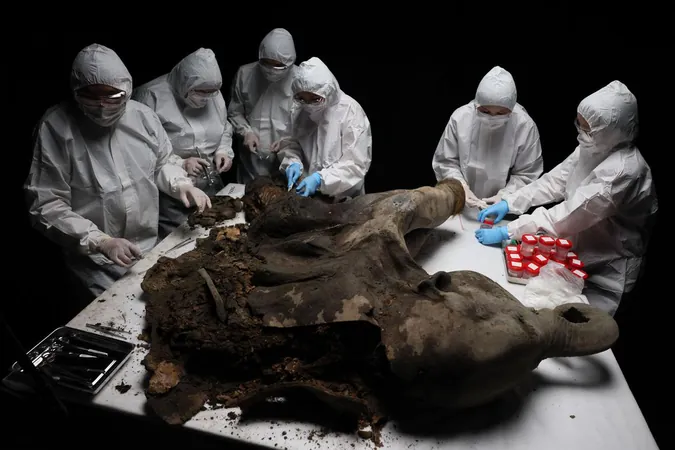
Breakthrough Gene Therapy Restores Motor Function in Rare Neurological Disorder – A Game Changer for Patients!
2025-04-01
Author: Siti
Introduction
In an exciting advancement for medical science, a groundbreaking study led by Dr. Assumpció Bosch has demonstrated the remarkable potential of gene therapy to restore motor abilities in animal models affected by the ultra-rare neurological disease known as Megalencephalic Leukoencephalopathy with Subcortical Cysts (MLC). The innovation is particularly impressive given that treatment began after the onset of symptoms, suggesting new hope for those afflicted.
About MLC
MLC is a devastating childhood neurological disorder that impacts the brain's white matter, leading to severe complications such as macrocephaly (enlarged head), loss of motor coordination, and epilepsy. Alarmingly, more than 75% of MLC cases are linked to mutations in the MLC1 gene, which produces a crucial protein residing in astrocyte cell membranes. This protein is vital for maintaining the brain's water and ion balance, but researchers are still unraveling its full function.
Research Findings
In this pioneering research, Dr. Bosch's team utilized a viral vector to introduce a healthy copy of the MLC1 gene into the brains of affected animal models. The results were astonishing: the treatment remained effective for an entire year, leading to normalized brain function and significant improvements in motor capabilities in the treated mice.
Expert Opinion
Alejandro Brao, the first author of the study published in the prestigious Molecular Therapy, expressed optimism over the findings: "This breakthrough suggests that gene therapy could be beneficial even at later stages of the disease. Our focus now is to pinpoint the ideal gene therapy vector for clinical applications and to evaluate the minimum effective dose, along with conducting biosafety and biodistribution studies in larger animal models."
Collaboration and Implications
The multi-institutional collaboration included contributions from researchers at the Bellvitge Biomedical Research Institute, under the guidance of Raúl Estévez, further strengthening the study's findings and implications.
Future Prospects
The potential of this research extends beyond MLC, as it highlights gene therapy's capabilities in addressing other rare neurological diseases by restoring affected genes. As scientists move forward with this promising avenue, families affected by MLC and similar disorders can hold onto a newfound hope for therapeutic solutions.
Conclusion
Stay tuned as this incredible journey unfolds—gene therapy could soon become the beacon of hope for many!




 Brasil (PT)
Brasil (PT)
 Canada (EN)
Canada (EN)
 Chile (ES)
Chile (ES)
 Česko (CS)
Česko (CS)
 대한민국 (KO)
대한민국 (KO)
 España (ES)
España (ES)
 France (FR)
France (FR)
 Hong Kong (EN)
Hong Kong (EN)
 Italia (IT)
Italia (IT)
 日本 (JA)
日本 (JA)
 Magyarország (HU)
Magyarország (HU)
 Norge (NO)
Norge (NO)
 Polska (PL)
Polska (PL)
 Schweiz (DE)
Schweiz (DE)
 Singapore (EN)
Singapore (EN)
 Sverige (SV)
Sverige (SV)
 Suomi (FI)
Suomi (FI)
 Türkiye (TR)
Türkiye (TR)
 الإمارات العربية المتحدة (AR)
الإمارات العربية المتحدة (AR)